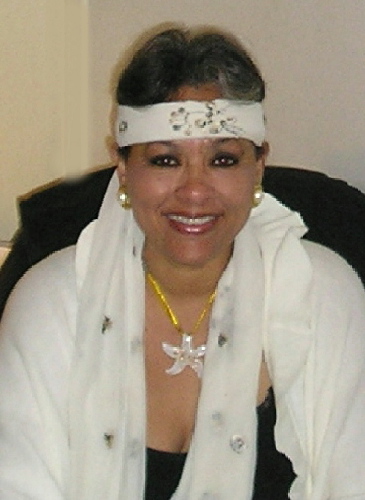The recent disclosures on Wikileaks about alleged pre 9/11 awareness from top government officials about the pending calamities in 2001 has stirred up a wide array of emotions among many, varying from disbelief to anger, sadness to skepticism, contempt to despair: no sentiment is left behind. While the story validates suspicions that had lived within many through the years, there are also skeptics who question the credibility of the source.
The question about credibility of Wikileaks informants actually came up in a workshop on ethical leadership among MBA's, mostly working adults, the night before Wikileaks posted the report on the 2001 occurrences. A student asked how readers would know whether the leaked information is truthful, and not merely conjured up by some melodramatic, disgruntled, or malicious-minded individual or entity who wants to stir up turmoil or, in the case of 9/11, tear open old wounds.
The response to this question was practically unanimous among the workshop participants: any source could be questioned on legitimacy if we choose to go that route, because every piece of information we receive through any medium is based on one person or group's perspectives, often driven by particular interests, while there are almost always other perspectives and interests that are in direct opposition to that one. We experience it all the time in all settings. When it comes to media releases we even know which station to tune to or newspaper to read when we want to hear criticism, and which one to find when we want to hear or read about praise for any given subject. The truth we ultimately adopt depends on our capacity to engage in critical thinking, because the is how we weave together a story that sounds acceptable to us.
Wikileaks: some perspectives
There is still quite some confusion about Wikileaks. The source is gaining attention from increasingly larger crowds, thanks to the widely diverging exposure it receives from the media. Nonetheless, many still seem to struggle with their opinion about this emerging giant that has been rather latent in its first few years of existence, but is now steadfastly demanding attention of all who have even the slightest interest in the whereabouts of our world and its occupants.
Asking around in the earlier mentioned ethical leadership workshop with about 20 working adults in grad school what they thought of Wikileaks, some interesting statements surfaced. Some admitted that they were curious about many things throughout history that were never clearly addressed, and hoped Wikileaks would shine some long withheld light on these matters. Others questioned the driving motives behind Wikileaks and its operators. Yet others expressed their caution about the disclosure of government secrets. One participant stated that exposure of sensitive information may not only embarrass governments and other powerful sources, but can actually disrupt relationships between nations and even lead to new wars.
This point was, of course, as sensible as the others. Disclosing sensitive material is never enjoyable or appreciated by all, especially when reputations and multilateral relationships are involved.
Conscious question
(Note: You can view every article as one long page if you sign up as an Advocate Member, or higher).





